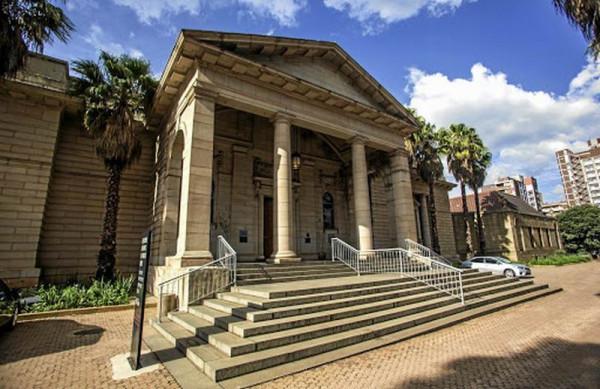The discovery of an outcrop of gold reef on the farm Langlaagte led to its rapid growth, becoming a municipality in 1898. Over time, Johannesburg has transformed into the capital city of Gauteng, a centre for learning, and entertainment.
One of the things that make Johannesburg unique is its cultural heritage. The city is home to an array of art galleries, museums, and historical buildings that offer visitors a glimpse into its past.
The Apartheid Museum is a must-visit destination for tourists interested in learning about the history of South Africa‘s struggle for democracy. This museum provides a deep understanding of the country’s past, and its relevance in the present day.
Another historical landmark in Johannesburg is the Constitution Hill, which is the site where Nelson Mandela and several other anti-apartheid activists were once held captive. Today, this place has been transformed into a cultural precinct that includes exhibitions, guided tours, and educational programmes.
Overall, Johannesburg’s history and culture are the defining factors of this sprawling city. Its diverse range of art galleries, museums, and historical landmarks are testimonies of the city’s rich past and its bright future.




